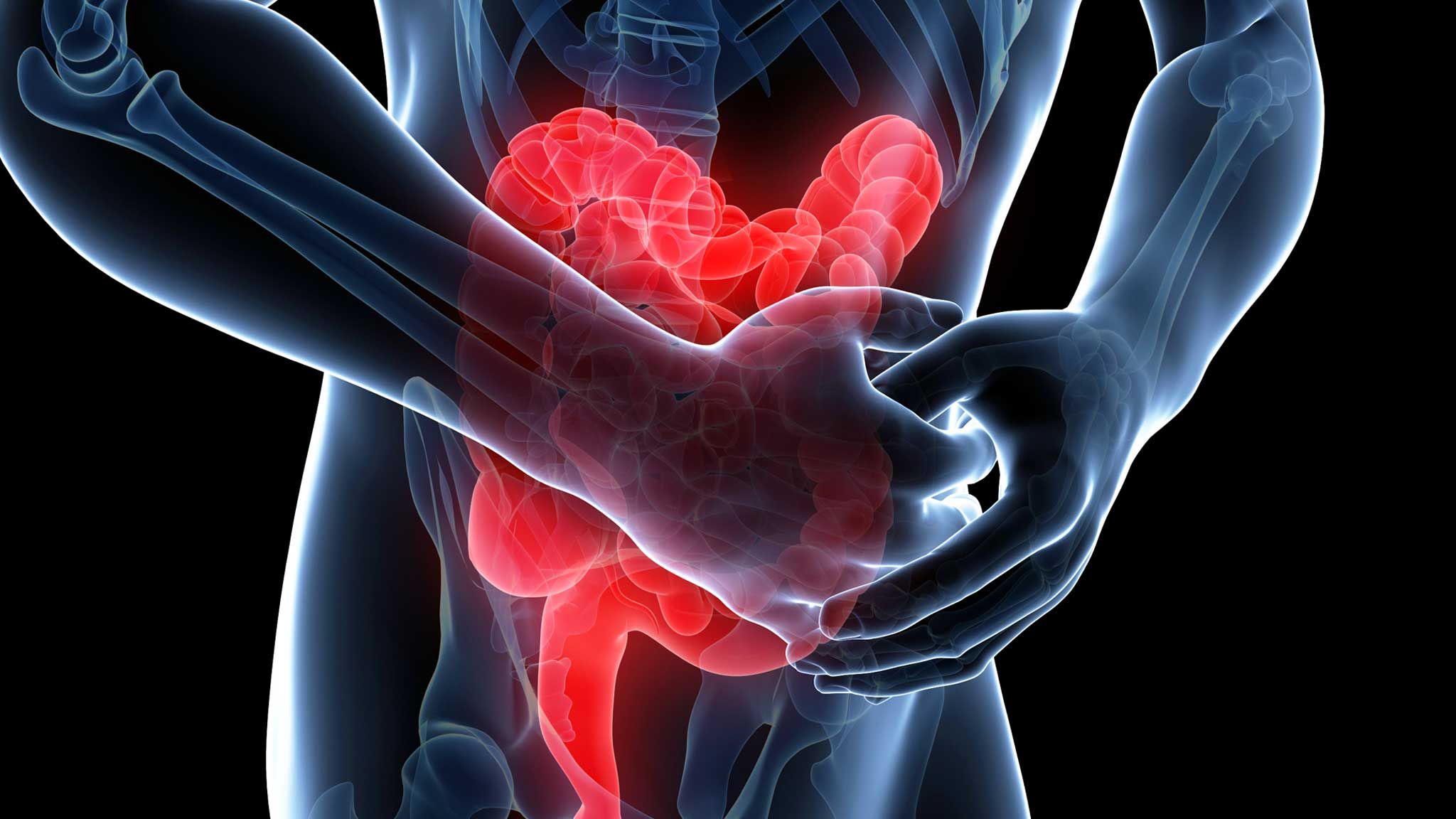Colitis refers to inflammation of the colon due to various reasons. Patients may experience abdominal pain, diarrhea, blood in the stool, etc., and need to be diagnosed through colonoscopy and other examinations.
Common types of colitis include inflammatory bowel disease (including ulcerative colitis, Crohn’s disease), infectious colitis (mainly bacterial dysentery, amoebic dysentery, etc.), ischemic colitis, pseudo-model colon Yan et al.
Symptoms of Colitis
Different types of colitis have different symptoms: Inflammatory bowel disease:
- Ulcerative colitis: manifests as abdominal pain (moderate to severe pain in the lower abdomen or entire abdomen), diarrhea, defecation of mucus, pus, and blood (in mild cases, defecation 2 to 3 times a day, in severe cases, more than 10 times a day), accompanied by abdominal distension, nausea, Vomiting, fever, etc.
- Crohn’s disease: The onset is insidious and the course is slow. It manifests as abdominal pain (intermittent pain in the right lower abdomen or around the umbilicus), diarrhea (mostly mushy stools, occasionally pus and blood), abdominal masses, perianal abscesses, and other symptoms.
- Infectious colitis: Most symptoms include acute onset of diarrhea (more than 3 bowel movements per day), abnormal stools such as loose stools, watery stools, mucus stools, purulent and bloody stools, or bloody stools, which may be accompanied by nausea, vomiting, abdominal pain, and other gastrointestinal symptoms or fever, loss of appetite, etc.
- Ischemic colitis: Symptoms include intermittent cramping in the left lower abdomen, bloody stools (discharge of bright red or dark red bloody stools), and other symptoms.
- Pseudomembranous colitis: Typical symptoms are diarrhea (yellow-green watery stools in mild cases, purulent and bloody stools in severe cases, more than 3 times a day), which may be accompanied by fever, abdominal distension, nausea, vomiting, fatigue, and other symptoms.
Common Causes of Colitis
Colitis is a general term for a large group of diseases with various causes. Different types of colitis have different causes, as follows:
- Inflammatory bowel disease: related to the environment (smoking, long-term consumption of highly processed foods, antibiotic use, mental stress, air pollution, etc.); genetics (mutations of certain genes such as NOD2/CARD15 are found in Caucasians and inflammatory bowel disease-related), intestinal flora imbalance, intestinal immune imbalance, and other factors.
- Infectious colitis: mainly caused by infection with various bacteria, fungi, viruses, and other pathogenic microorganisms, such as Escherichia coli, salmonella, Amoeba, etc.
- Ischemic colitis: It is mainly caused by insufficient blood supply to the colon caused by various factors (such as myocardial infarction, coronary heart disease, hypertension, invasive intestinal examination, long-distance running, use of digoxin, sedatives, and other drugs).
- Pseudomembranous colitis: It is an intestinal secondary infection caused by improper use of antibiotics. The main pathogenic bacteria is Clostridium difficile.
Colitis Treatment
General Treatment:
- If colitis is caused by factors such as diet, no special lesions are observed under colonoscopy, and only mucosal edema and redness appear. Such patients do not need special treatment. They can just pay attention to a light diet and abstain from alcohol.
- For those with severe diarrhea, pay attention to replenishing water and electrolytes to prevent dehydration.
- People with severe anemia can receive blood transfusions.
- Severe cases may be fasting and given parenteral nutrition (nutrition from a vein).
- For patients with Crohn’s disease, doctors will give multivitamin supplements and nutritional supplements.
Medical Treatment:
- Antibiotics: For colitis where the pathogen can be identified, appropriate antibiotics need to be selected for treatment under the guidance of a doctor based on the pathogen examination results and drug sensitivity tests.
- Aminosalicylic acid inhibitors: one of the first-choice drugs for inflammatory bowel disease, which can effectively relieve symptoms. Commonly used drugs include 5-aminosalicylic acid preparations and sulfasalazine.
- Glucocorticoids: For patients with inflammatory bowel disease whose treatment with aminosalicylic acid inhibitors is ineffective, glucocorticoids can be used as anti-inflammatory drugs. Commonly used drugs include prednisone, methylprednisolone, etc.
- Immunosuppressants: For patients with inflammatory bowel disease whose treatment with aminosalicylic acid inhibitors is ineffective and whose symptoms require hormone maintenance due to recurring symptoms, immunosuppressive maintenance therapy can be selected. Commonly used drugs include azathioprine, methotrexate, etc.
- Others: Patients with fever can also use antipyretics (acetaminophen, etc.), and patients with severe abdominal pain can use analgesics, such as tramadol hydrochloride, etc.
It should be noted that all drugs must be used under the guidance of a doctor. All drugs that may cause intestinal ischemia should be stopped during the treatment of ischemic colitis, and all drugs that may cause intestinal ischemia should be stopped during the treatment of pseudomembranous colitis. Antibiotics related to the disease.
Surgical Treatment:
- Surgical treatment is required for patients who are ineffective with conservative treatment and are complicated by intestinal perforation, intestinal necrosis, intestinal obstruction, massive bleeding, and colon cancer.
Things to Note in Daily Life for Patients with Colitis
- Follow the doctor’s instructions for regular follow-up visits and medication, and do not reduce, change, or stop medication at will.
- Pay attention to adequate rest and reduce mental stress and physical exertion.
- Moderate exercise, such as jogging, square dancing, etc., can improve mental outlook, adjust the body’s internal functions, enhance resistance, and reduce various complications.
- Pay attention to personal hygiene, wash your hands with hand sanitizer or soap before eating and after using the toilet, and rinse with running water.
Colitis Prevention
There are many causes of colitis, and there are differences in prevention. Generally speaking, ensuring a healthy diet, paying attention to food hygiene, and staying away from tobacco and alcohol are good for preventing colitis and good health.
Conclusion
Colitis varies in severity and treatment. Mild cases do not require special treatment, and symptoms can be improved by paying attention to diet. Those with severe symptoms need medical treatment or surgical treatment under the guidance of a doctor.




